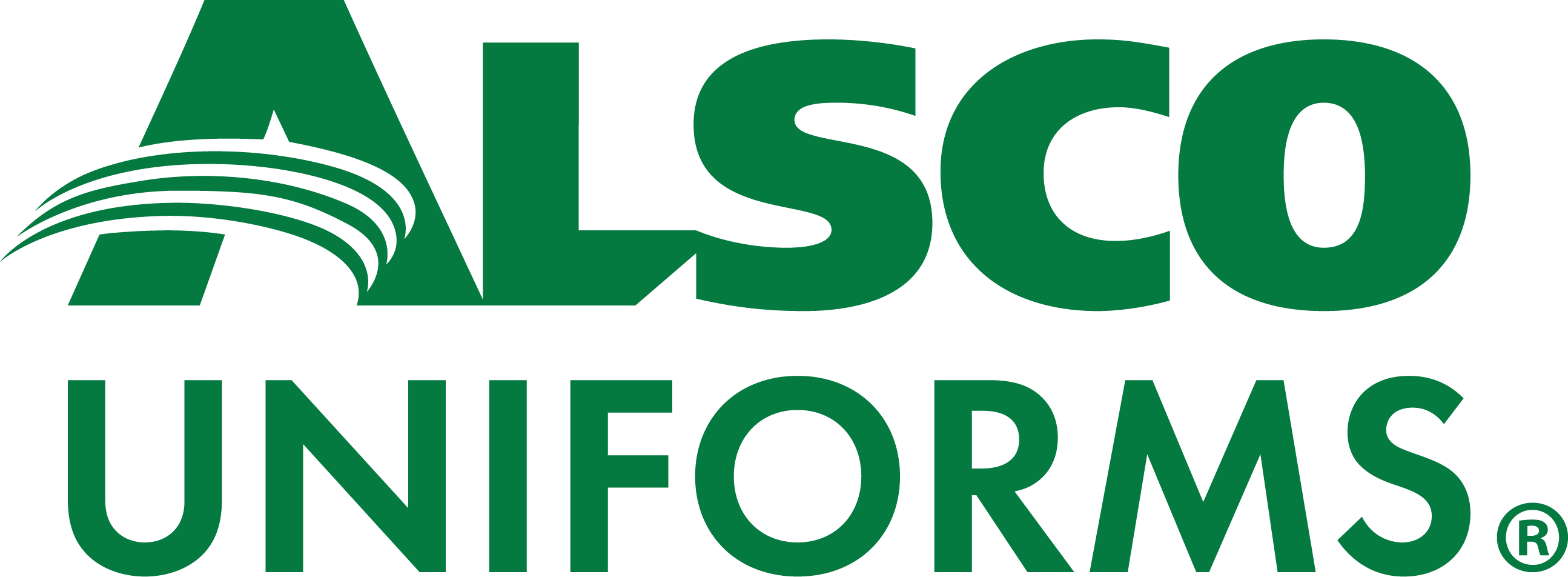
Hydrogen peroxide is an often effective cleaner that is comparatively mild to other cleaning solutions, such as bleach. It has both benefits and drawbacks, but it is commonly present in homes and businesses for a reason. It can work for a broad number of common cleaning use cases.
What Is Hydrogen Peroxide?
Hydrogen peroxide is a common cleaning compound that, on its own, is a colorless liquid with a bitter taste.
While exposure is almost never fatal, exposure to the eyes, throat, and skin can cause irritation. If swallowed, it can cause mild to severe gastrointestinal effects.
It becomes more dangerous at high concentrations, but this would typically be when used in industrial processes, not standard cleaning methods. It is nonflammable, but it can cause chemical reactions in contact with organic material. This can sometimes lead to spontaneous combustion because it is a powerful oxidizing agent.
Topical peroxide cleaning solutions are generally at fairly low concentrations, between 3% and 9% (sometimes less), and they are widely available. Hydrogen peroxide is a cleaning chemical that should be respected and kept out of the hands of children. Still, it is unlikely to cause serious harm with regular use when used appropriately.
Importantly, peroxide may be mixed with other chemicals, such as stabilizing agents, which may make it more toxic than peroxide is on its own. As with any cleaning solution, always read the label of a bottle of peroxide to fully understand what you are about to use.
Is Hydrogen Peroxide an Effective Cleaner?
While no cleaner is perfect for all challenges, hydrogen peroxide is an extremely common cleaner for a reason. It can help disinfect surfaces, remove stains, and even whiten grout. In addition to being used in its liquid form, it is also commonly mixed with baking soda to form a cleaning paste. Whether it is best used as a liquid or a paste will depend on the specific situation for which you are using the peroxide.
What Are Some Specific Benefits to Using Hydrogen Peroxide?
One of hydrogen peroxide’s most common uses is as a multipurpose disinfectant for surfaces like bathroom fixtures and doorknobs. It is often used to clean surfaces that see high use where the residue of harsher chemicals might cause irritation or more serious harm.
While hydrogen peroxide should not be inhaled or ingested, it can be used as a food-safe disinfectant if you make sure to get food-grade hydrogen peroxide. The main difference with this type of peroxide is it doesn’t contain stabilizers. As the name implies, these are chemicals meant to help make peroxide more shelf stable (and they do), but they can also make it more toxic.
Hydrogen peroxide can be used to remove grease. The suggested method for this type of use is generally to mix it with baking soda to form a paste. Because this will often be to remove grease and other food remnants from surfaces that may be used for cooking or eating, it is important that you use an appropriate type of hydrogen peroxide that won’t risk making these surfaces harmful to later users.
Hydrogen peroxide can sometimes be used to remove stains from fabrics, carpets, and upholstery. If used in this way, you must be cautious, as it can cause discoloration of some materials. Good practice is to first research if peroxide may negatively affect a given type of material before trying to use it to remove stains. Then, test if the peroxide causes any discoloration by putting a small amount somewhere inconspicuous on the material if your research suggests discoloration is unlikely. Assuming this research and testing doesn’t bring up issues, you can then use it to try and remove common stains, like stains caused by exposure to food or sweat.
Potential Downsides of Hydrogen Peroxide
Like many cleaning chemicals, hydrogen peroxide is an irritant and can potentially be dangerous if ingested in large amounts. While not as harsh as some other cleaning chemicals, it still should be treated as having some potential to cause harm. Because of this, it should always be properly labeled and stored when not in use.
There are some unknowns regarding hydrogen peroxide. For example, it isn’t fully known how exposure can affect children, although documented cases suggest it has an effect on children similar to its effects on adults. It isn’t known if it can cause birth defects or other developmental effects either.
Should You Put Hydrogen Peroxide in Your Emergency Kit?
Because it can be an effective disinfectant, there is a common myth that hydrogen peroxide is effective for cleaning wounds. However, medical experts generally recommend against using it for this purpose, as it can cause harm to tissue if directly and intentionally applied to the body.
This is why it’s important to properly prepare your business for medical emergencies and minor injuries. For more information on the Health and Safety Services offered by Alsco Uniforms, including our Perfect MixSM cleaning chemical management system, OSHA- and ANSI/ISEA-compliant first aid cabinets, and more, click here.
Let Alsco Uniforms Handle Your Cleaning Supplies
In short, hydrogen peroxide can be an effective cleaner if used correctly. Some people find it’s a good entry-level cleaner for certain situations. But it won’t be a sufficient cleaning solution for most businesses.
At Alsco Uniforms, we are happy to ensure your business always has the necessary cleaning supplies for any situation. We’ll talk to you and determine which products will best meet your needs. Then, we’ll ensure you always have these supplies on hand, thanks to our facility services. Contact us today to learn more about how we can help.
References
6 Ways To Use Hydrogen Peroxide In Your Home. (July 2023). Southern Living.
Hydrogen Peroxide. (August 2023). PubChem.
ToxFAQsTM for Hydrogen Peroxide. (July 2015). Agency for Toxic Substances and Disease Registry.
